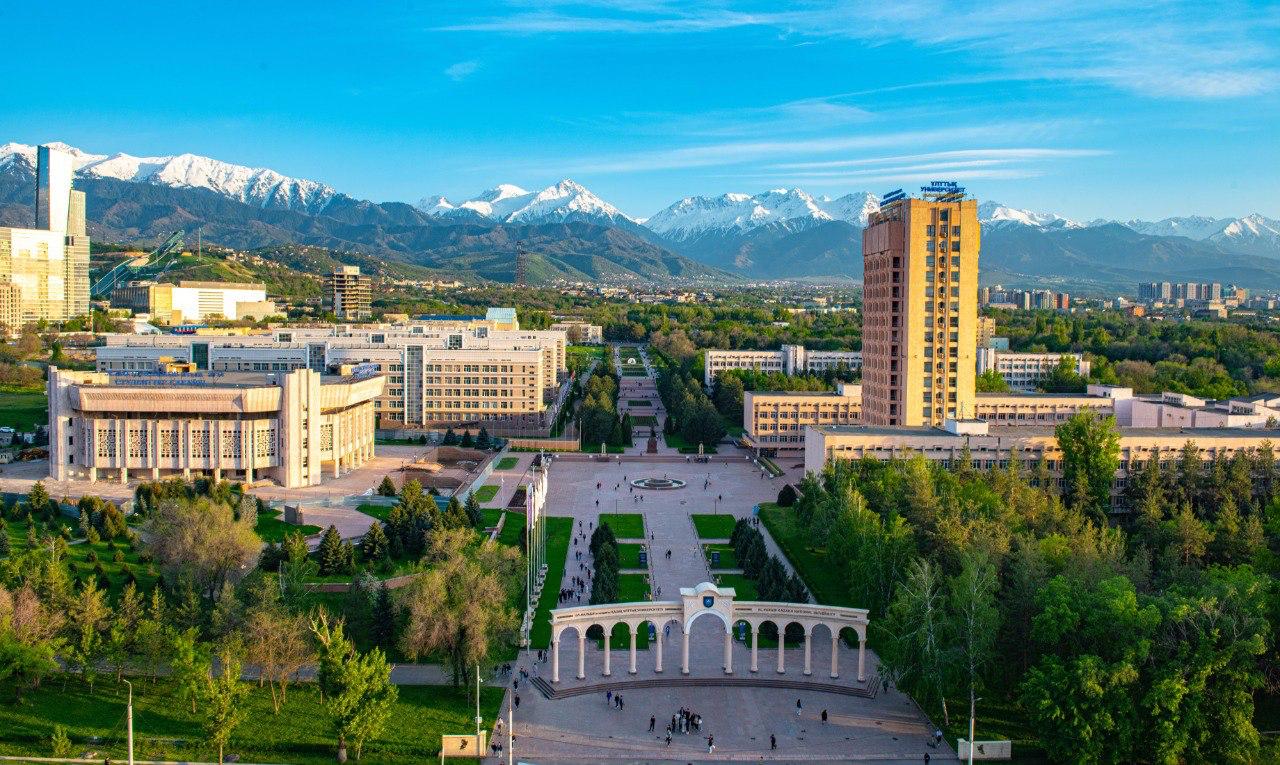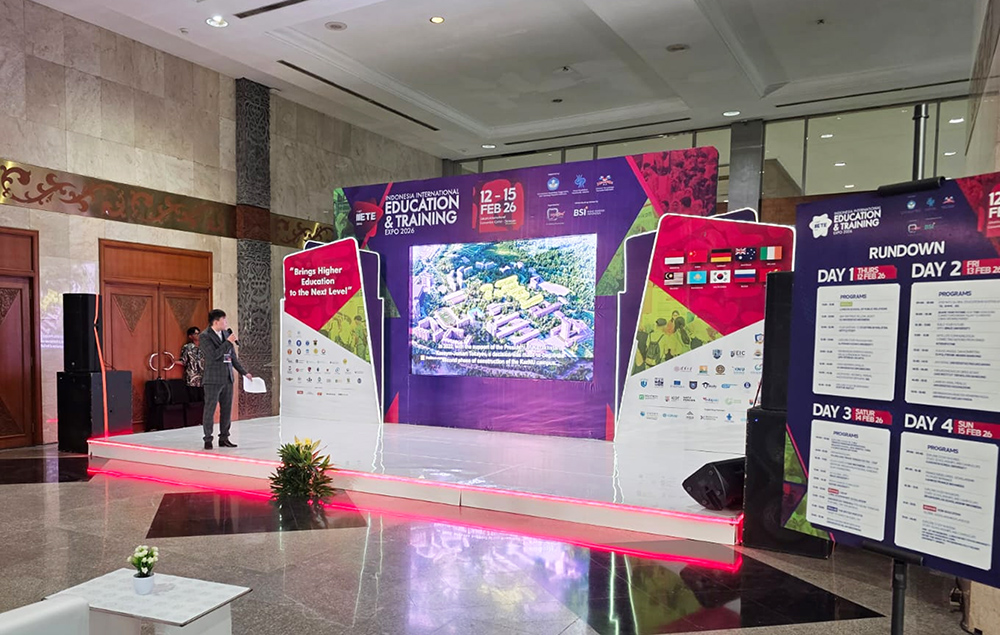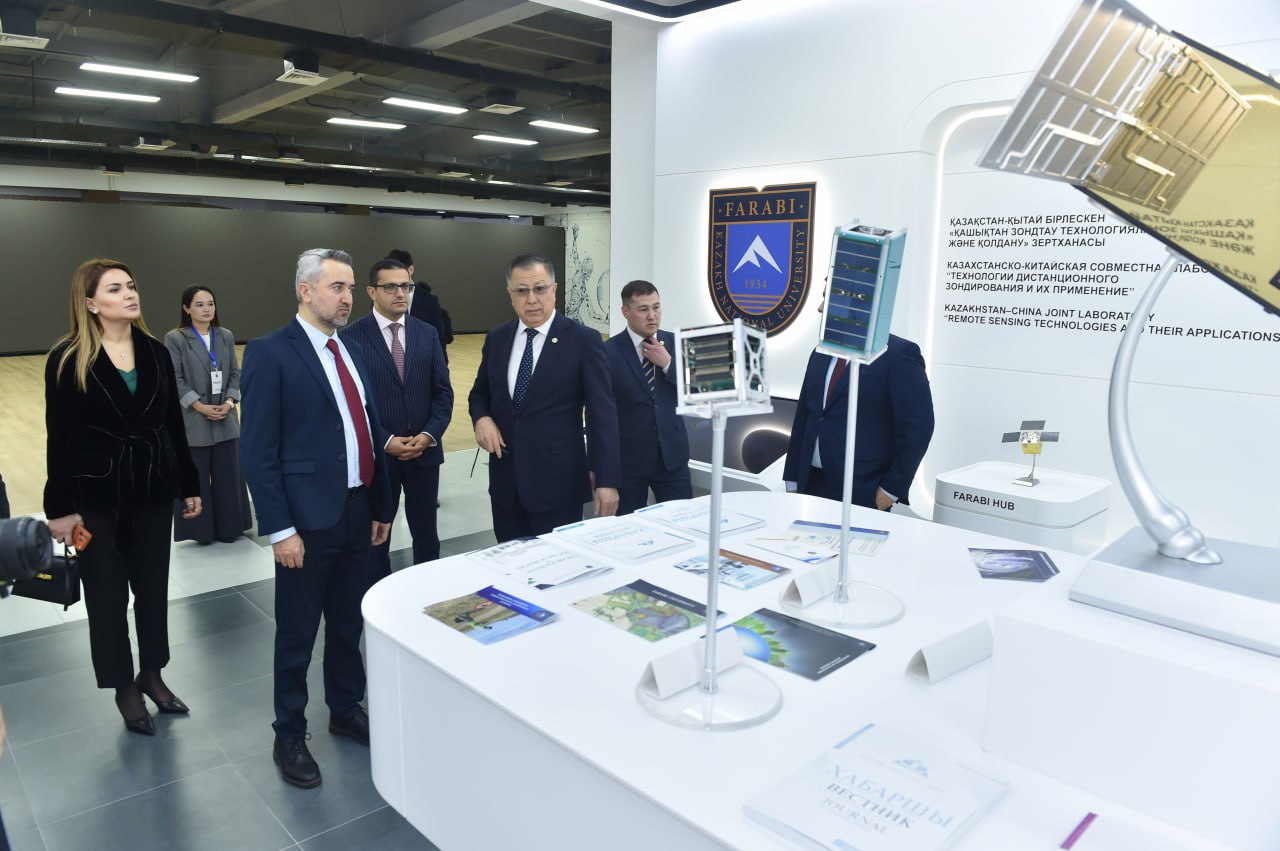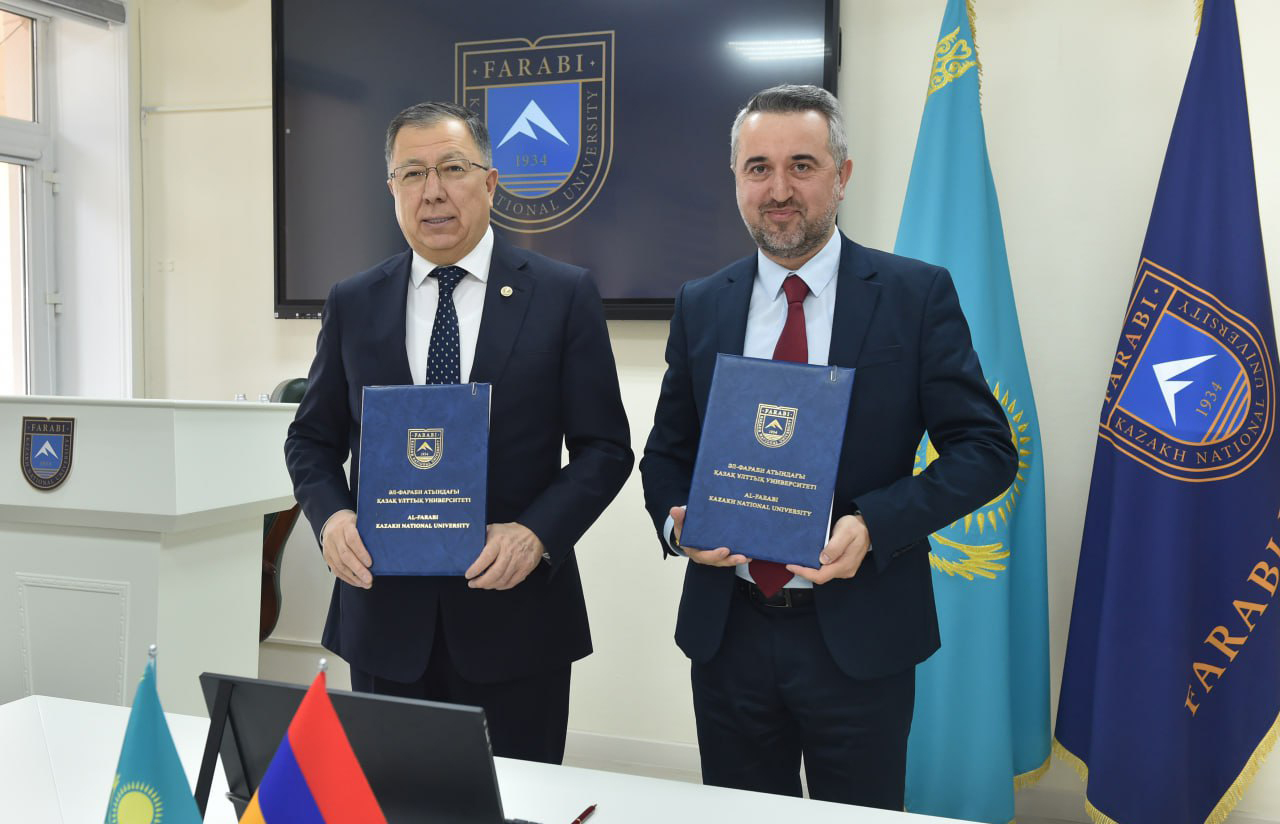The International Interdisciplinary Symposium

The key positions submitted for discussion during the symposium are formulated as follows:
- nanotechnology as means of creation of new large-scale markets and, hence, of maintenance of expansionistic character of civilization development;
- nanotechnology is acquiring an apparent macroeconomic value and, in the long term, it is capable to significantly influence evolution of the civilization (including, due to providing a cardinal life span increase);
- maintenance of a steady development of the civilization demands the further study on the concept of controlled evolution together with the analysis of noosphere evolution, including its shaping under influence of the developing modern communication facility and means of cardinal increase in the life span, created on the basis of nanoscientifical and nanotechnological achievements;
The nanotechnological supertask, which demands thorough studying, is the scientific and technical support for transition toward the controlled evolution of the civilization. Solving of this problem demands development of a complex interdisciplinary approach; the possible first steps in the given direction will be discussed during the Symposium.
The program of the symposium presents discussion of the following questions:
- The nature of the current system crisis of the civilization;
- The role of philosophy in formation of a qualitatively new platform of interdisciplinarity;
- Manifestation of the global science crisis: the social and economic consequences of the “crisis of short innovations”;
- Ways of overcoming of the crisis of scientific research management;
- Modern noospherology and the concept of controlled evolution;
- Macroeconomic aspects of development of nanotechnology;
- Medical aspects of nanotechnology application;
- Principles of functioning of nanorobots;
- New implementations and technical resolutions based on achievements of nanoscience and nanotechnology;
- Problems of the applied noospherology in context of the system crisis of the modern civilization;
- Physical models of the noosphere structure;
- Applying the theory of the neural networks in social and economic disciplines;
- Factors of space weather and their effect on the environments of the Earth;
- Influence of the solar-terrestrial relations on processes in the noosphere;
- Influence of means of telecommunication on social and economic processes and evolution of the noosphere at the present stage;
- Interdisciplinary educational programs in the area of noospherology.
The Symposium Organizing Committee:
Mun G.A. – chairman (the Al-Farabi Kaz NU, NEA RK, Almaty, Kazakhstan);
Suleimenov I.E. – the scientific secretary (AUPC, Almaty, Kazakhstan);
Zezin A.B. (the M.V.Lomonosov MSU, Moscow, Russia);
Kamynina I.B. (The Taurian Liberal-Ecological University, Simferopol, Ukraine);
Tuleshov A.K. (The National Engineering Academy of RK, Almaty, Kazakhstan);
Gabrielyan O.A. (The Crimean University of Culture, Arts and Tourism, Ukraine);
Grigorjev P.E. (The Taurian Liberal-Ecological University, Simferopol, Ukraine);
Pinkhasik E.M. (Institute for Nanomaterials Development and Innovation at the University of Memphis, USA);
Chechin L.M. (The Fesenkov Astrophysical Institute, Almaty, Kazakhstan);
Ryaguzov A.P. (The National nanotechnological open laboratory of the Al-Farabi Kaz NU);
Park I.T. (The Korean Scientific and Technical Society "Kwahak", Almaty, Kazakhstan);
Khutoryanskiy V.V. (University of Reading, England)
The participants of the Symposium are asked to submit the theses of their reports to the organizing committee till December 21, 2010, and also the detailed material of the reports till January 15, 2011.
The size of theses should be up to 3000 symbols, blanks included. Please do not use tables, pictures and formulas.
The size of the detailed report should be up to 7 pages, including figures and tables, Times New Roman font size 12, margins – 2 cm from each edge, single spacing, free choice design.
The reports theses collection booklets will be distributed among the participants of the Symposium before the beginning of the sessions.
Materials of reports of the Symposium will be published as articles in a special thematic release of The Almaty University of Power and Communication Bulletin magazine and on the official site of the AUPC. The symposium program provides an opportunity of virtual participation with the subsequent publication of the submitted materials.
The order of the organizational fee payment:
Regular participants submit their fees directly upon the arrival. The admission fee of a regular participant is 450 euros. The virtual participation is free of charge. The researchers who have presented reports can purchase the Symposium reports theses collection booklets and-or The AUPC Bulletin magazine also after the conclusion of the Symposium.
The organizational fee is not collected in case of personal presentation of materials by post-graduate students or students of the state higher educational institutions (upon the fact of presenting of a scanned copy of the established form) provided that the submitted material is accepted for publication by the organizing committee.
During the symposium, there will be trainings available for young scientists and researchers on the topic of “Problems of commercialization of the scientific researches in conditions of the system crisis”.
All the questions about the symposium can be referred to the scientific secretary of the organizing committee professor Suleimenov, Ibragim Esenovich, AUPC, Esenych@yandex.ru


